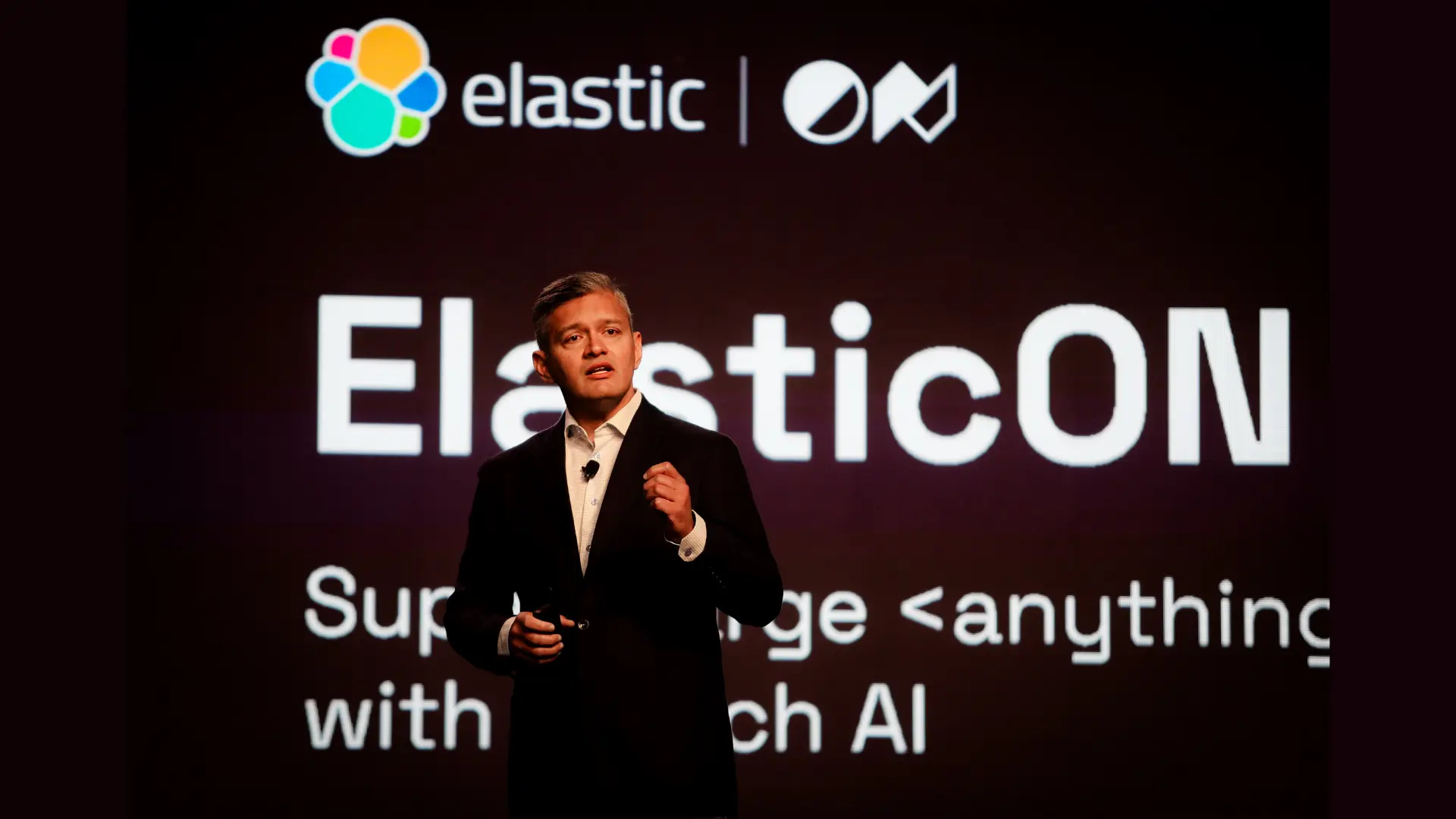This EV startup is making first-and last-mile deliveries clean and efficient with electric vehicles
Launched in January 2021, Magenta EVET is a vertical of clean mobility solutions startup Magenta. It is developing an electric vehicle ecosystem for mid-mile and last-mile deliveries, supporting ecommerce, pharma, FMCG, and food businesses.
Over the last few years, many players have launched several sustainability initiatives to deploy electric vehicles (EVs) in their operations. aims to have 10,000 EVs delivering parcels in India by 2025, while Walmart Inc’s will deploy more than 25,000 EVs and be fully electric by 2030. , a unit of Tata Group, pledged to meet its 90 percent EV target within three years. Meanwhile, IKEA is planning to electrify 100 percent of its delivery fleet in India by then.
, , and similar food delivery businesses have launched EV pilots and tied up with OEMs (original equipment manufacturers) to operate electric vehicles. Such efforts are complemented by the efforts of governments—both at the central and state levels—in setting up EV policies and giving subsidies.
“However, the right product-market fit in the first- and last-mile deliveries do not exist, hampering the wide-scale adoption of electric vehicles,” Maxson Lewis, Founder and Managing Director of Magenta EV Solutions, tells YourStory.

Founded in 2018, by cousin brothers Maxson Lewis and Darryl Dias, clean mobility solutions startup Magenta launched its e-mobility vertical—Magenta EVET—in January 2021.
“While we were always focused on facilitating the transition to clean mobility by providing EV charging, end-to-end clean mobility solution was the next logical progression for us. In the transition to e-mobility, we realised that goods transport would be the key driver of this change. We launched Magenta EVET to propel an ecosystem shift in ecommerce, pharma, FMCG (Fast-moving Consumer Goods), and food businesses to move their goods using electric mobility—hence, EVET (Electric Vehicle Enabled Transport),” he adds.
Apart from EVET, Magenta also runs three other business verticals—Magenta ChargeGrid (charging as a service), Magenta EVCE (charger as a product), and Magenta Infomatics (EV technology). “We develop and manufacture EV chargers, set up EV charging stations, enable clean mobility, and develop software technology to support the transition,” says Co-founder and Director, Darryl.
While Magenta was incorporated in Navi Mumbai, its e-mobility vertical—Magenta EVET— was conceived in Bengaluru.
How does Magenta EVET work
An integrated EV technology solutions provider, Magenta EVET’s offering includes putting up charging depots, enabling telematics, and providing software solutions.
Under , the startup’s charging network vertical, Magenta sets up completely automated and unmanned charging depots that can charge about 30 to 50 vehicles at one location—through a combination of slow and fast chargers. The company says all its chargers are smart and are based on the OCPP (Open Charge Point Protocol) global protocol—which is a communication protocol followed between chargers and the charging station management system. Magenta’s chargers can also be remotely managed.
“We specifically scouted and set up charging depots within three kilometres of customers’ warehouses, hubs, and distribution centres—to avoid dry kilometres and better monetise and optimise the assets, with provisions for driver relaxation and refreshment zones,” Darryl says.
The startup says its in-house, proprietary software technology integration between the OCPP-based charging stations and vehicle telematics helps to accurately decipher the battery percentage, distance to empty, the distance of travel available, the nearest charging station location, and the status of chargers at the charging depots.
“Using the CAN (Controller Area Network) based telematics, our ROC (Remote Operations Center) helps in monitoring safety features such as seatbelts, headlights, door lock, as well as driver’s braking, accelerating, and driving behaviours,” he adds.
“Our user base largely comprises ecommerce companies with whom we have deployed over 150 electric vehicles–about 130 vehicles with FMCG companies and about another 100 with other last-mile delivery applications,” he states. All its electric vehicles are three-wheelers.
The team
Maxson has over 20+ years of professional experience across sectors including automotive, power, clean energy solutions, and management consulting. He worked with firms like Saint-Gobain, Bosch and Accenture among others.
He is focused on expanding the Magenta network across all Indian states as well as overseas. He is responsible for strategic partnerships and network development, advancing mobility electrification market development. Magenta’s charging network is present across 28 Indian states and EVET operates in Bengaluru and Hyderabad currently and will soon launch operations in Mumbai.
A mechanical engineer, Darryl brings experience and expertise in operations, product research, development, and customer solutions for various domains.
The company employs around 140 people across all four verticals, with offices in Navi Mumbai, Bengaluru, Hyderabad, and Delhi.
Funding and monetisation
Magenta was Seed-funded by HPCL in 2018. Since then, it raised its Pre-Series A and then Series A rounds, which were led by renowned and eminent American-based Indian philanthropist and cardiologist, Dr Kiran Patel. In total, the company has raised about Rs 96 crore (Rs 1.5 crore in Seed and Rs 95 crore in Pre-series A and Series A) in total across all the funding rounds.
“Our integrated mobility approach of electric vehicles, charging depots, and technology allows us to provide the most competitive usage rates and options to our customers. We have a B2B focus and hence, there is no ‘one-size-fits-all’ model. Our customer offerings are based on a variety of parameters such as distance of travel and hours of operations. We have also developed a dynamic monetisation model where the client can choose to select the services offered and for different durations,” Maxson says.
Of the four business verticals, Magnets claims to have achieved profitability on two, including its EVET vertical. Its year-on-year revenue growth across each business vertical is 6X.
“In FY22, our operational revenue grew by 12 times (m-o-m), the number of electric vehicles deployed doubled every quarter and customers onboarded increased by 5X. In Q2 and Q3 of FY23, we plan to scale up and launch in Pune, Chennai and Delhi-NCR regions, with our fleet size growing to 3,000 electric vehicles and beyond,” Maxson adds.
Its customers are such as Amazon, Flipkart, Jumbotail, BigBasket and Udaan among others.
The way ahead
According to a report by Grand View Research, the Indian electric vehicle market size was valued at $220.1 million in 2020 and is expected to expand at a compound annual growth rate (CAGR) of 94.4 percent from 2021 to 2030.
Magenta EVET claims to have been successful in firming up orders from customers for deploying new vehicles and has lined up vehicle deliveries from OEMs with month-on-month (m-o-m) dispatches. It looks to double down its vehicle deployments and ARR (annual recurring revenue) every quarter.
For FY24, the startup plans to expand to Tier-II and satellite cities, including Ahmedabad, Kolkata, Nagpur, Mysore, and a few other such cities with a target. Magenta has been closely working with electric vehicle manufacturers such as Tata Motors, Mahindra Electric, Omega Seiki, and Euler Motors in the vehicle specifications, telematics, and software integration space.
“We compete with logistics and transportation companies operating a fleet of combustion vehicles (petrol/diesel/CNG), including Mahindra Logistics, Lets Transport, and a few similar companies. Our integrated solution of electric vehicles and charging depots, led by a software technology platform, is our unique selling proposition,” states Darryl.
(The story was updated to correct the relationship between the founders.)
Edited by Kanishk Singh








